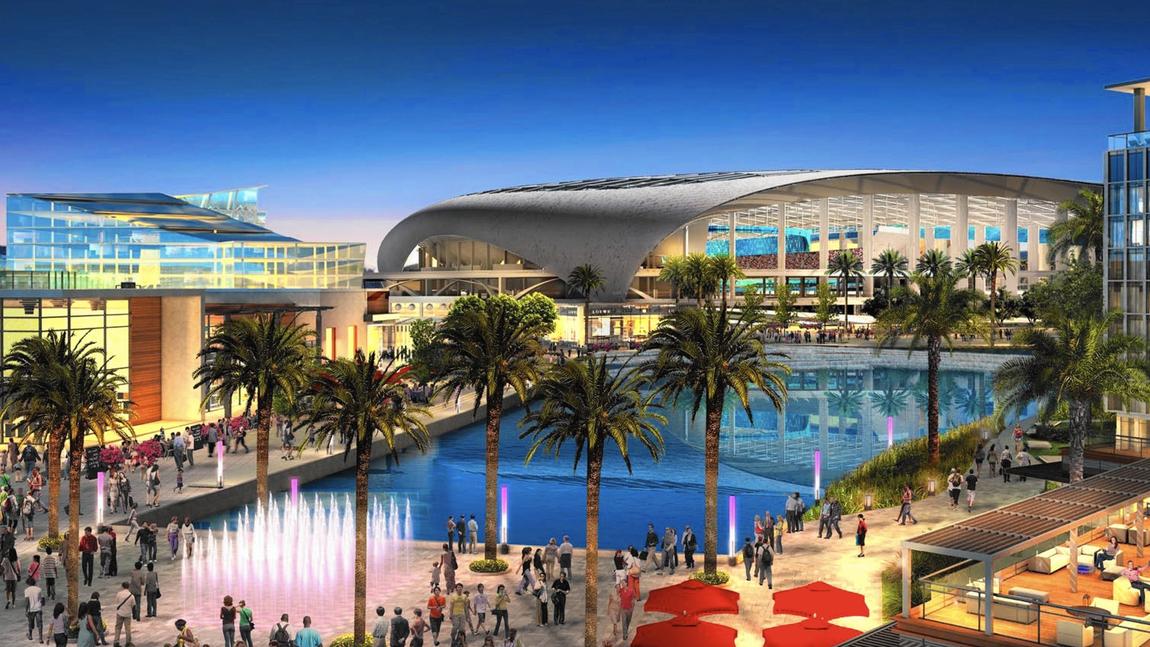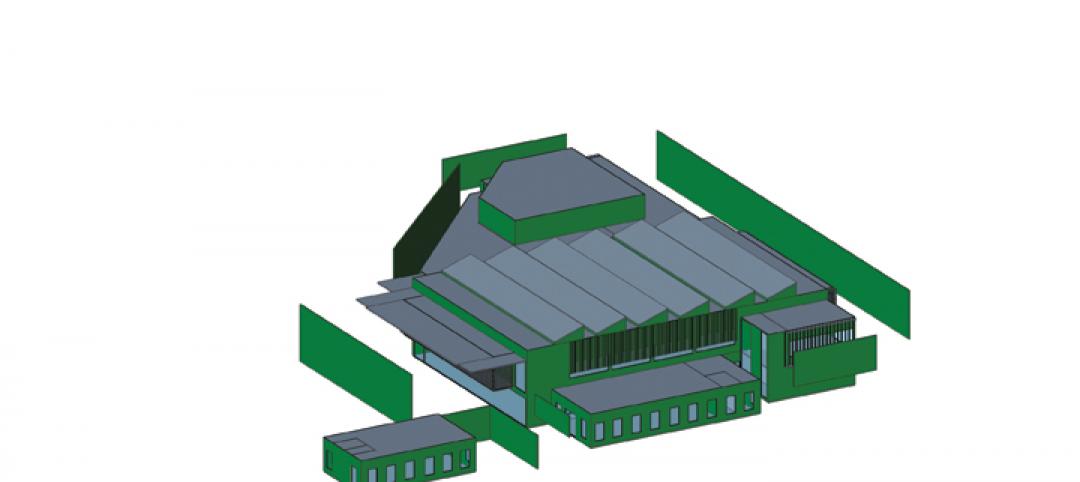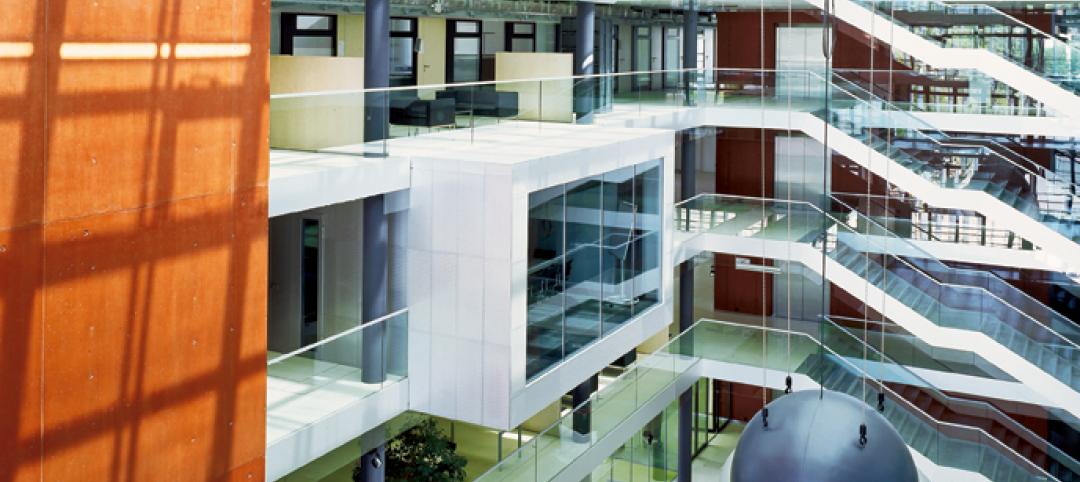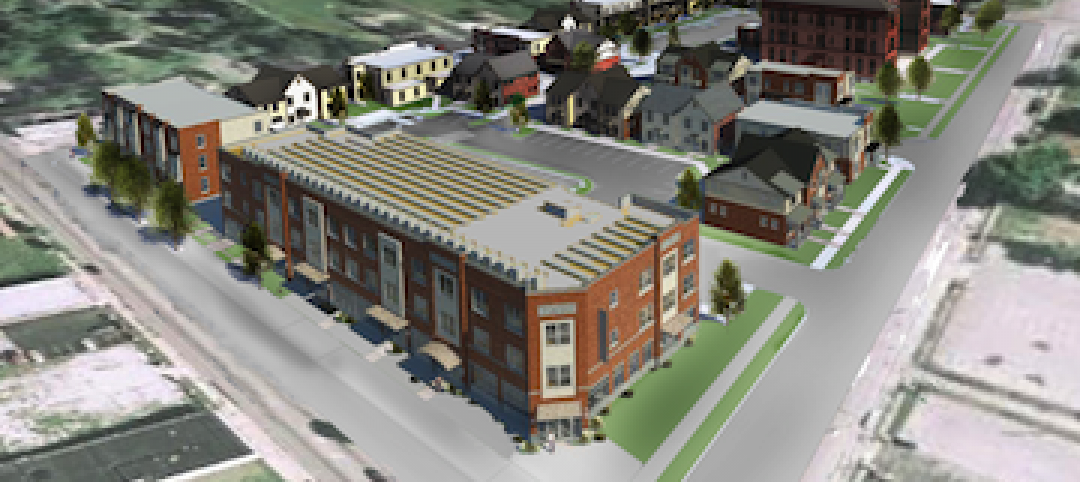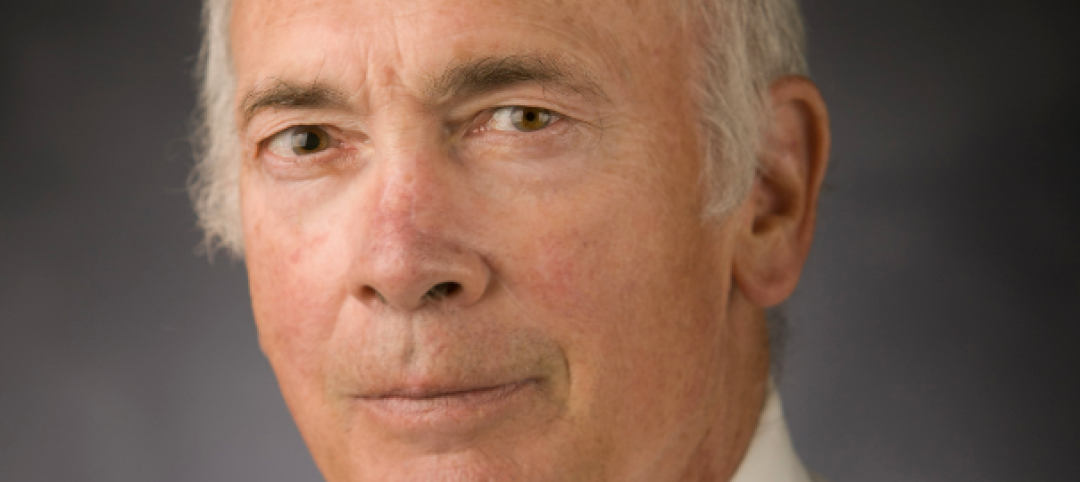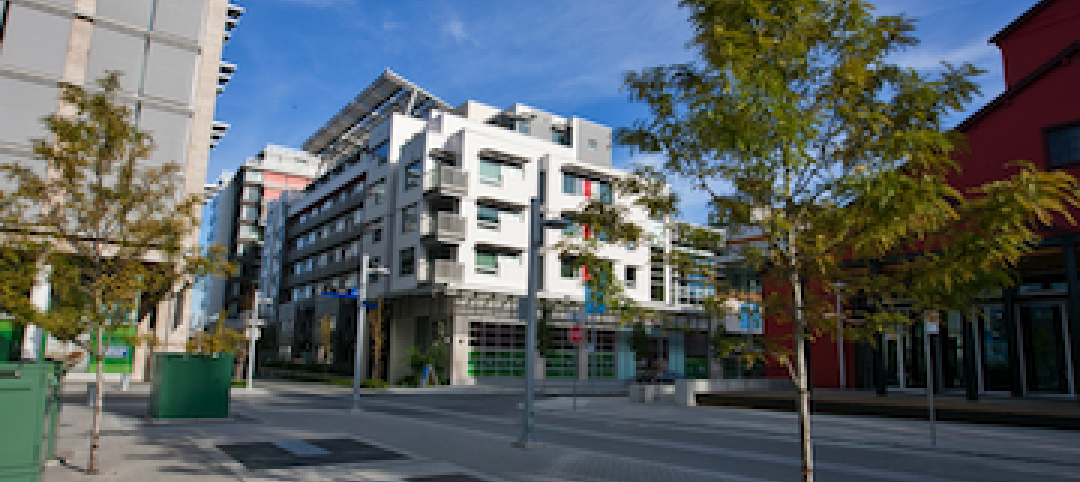An investment group controlled by the owner of the St. Louis Rams NFL team has joined forces with Stockbridge Capital Group, which owns the 298-acre Hollywood Park site in Inglewood, Calif., to add an 80,000-seat football stadium and 6,000-seat performance arena to a massive mixed-use development Stockbridge already has in the works, according to the Los Angeles Times and other news reports.
A year ago, Kroenke Group purchased 60 acres of land adjacent to the Forum arena in Inglewood. With its deal with Stockbridge, Kroenke Group’s owner, billionaire real estate developer Stan Kroenke, becomes the first existing NFL owner to control enough land in the Los Angeles market to accommodate a football stadium and parking since the Rams left L.A. for St. Louis after the 1994 season.
For decades, team owners in other cities have used the threat of relocating to Los Angeles as leverage for negotiating improvements to their own stadiums from local municipalities or states. And Kroenke has expressed displeasure with the conditions of Edward Jones Dome in St. Louis, where the Rams currently play.
The Times reports that next month the Rams can opt out of its 30-year lease in St. Louis 10 years early and convert it to a year-to-year arrangement. But the earliest the Rams could relocate to Los Angeles would be 2016.
No tax dollars would be used to build the Hollywood Park development, including the stadium. The investors are already gathering signatures to put the project onto the city’s municipal ballot this year. Inglewood’s Mayor James Butts, Jr. is on record supporting this project, which the investors have dubbed the City of Champions Revitalization Project.
The developer Wilson Meany, with offices in L.A. and San Francisco, is heading up this development, which, if approved, could be completed by 2018. HKS Architects is also involved in this project.
Kroenke and Stockbridge’s proposal is competing with at least two other plans for new stadiums in or around L.A. The entertainment giant AEG, which owns this city’s professional hockey and soccer teams, wants to build a $1.5 billion football stadium in downtown L.A., called Farmers Field, along with a new wing for the city’s nearby convention center. Another real estate magnate, Ed Roski, has had a stadium plan for City of Industry, Calif., on the table for several years. However, neither of these competing plans has mustered a commitment from an NFL team to relocate.
The Hollywood Park project would include more than 4 million sf of retail, office, and residential space, and 25 acres of parks. But to move forward, the Rams would have to commit to moving, and the project would need to get past any political or environmental opposition.
Related Stories
| Nov 2, 2010
Energy Analysis No Longer a Luxury
Back in the halcyon days of 2006, energy analysis of building design and performance was a luxury. Sure, many forward-thinking AEC firms ran their designs through services such as Autodesk’s Green Building Studio and IES’s Virtual Environment, and some facility managers used Honeywell’s Energy Manager and other monitoring software. Today, however, knowing exactly how much energy your building will produce and use is survival of the fittest as energy costs and green design requirements demand precision.
| Nov 2, 2010
Yudelson: ‘If It Doesn’t Perform, It Can’t Be Green’
Jerry Yudelson, prolific author and veteran green building expert, challenges Building Teams to think big when it comes to controlling energy use and reducing carbon emissions in buildings.
| Nov 2, 2010
Historic changes to commercial building energy codes drive energy efficiency, emissions reductions
Revisions to the commercial section of the 2012 International Energy Conservation Code (IECC) represent the largest single-step efficiency increase in the history of the national, model energy. The changes mean that new and renovated buildings constructed in jurisdictions that follow the 2012 IECC will use 30% less energy than those built to current standards.
| Nov 1, 2010
Sustainable, mixed-income housing to revitalize community
The $41 million Arlington Grove mixed-use development in St. Louis is viewed as a major step in revitalizing the community. Developed by McCormack Baron Salazar with KAI Design & Build (architect, MEP, GC), the project will add 112 new and renovated mixed-income rental units (market rate, low-income, and public housing) totaling 162,000 sf, plus 5,000 sf of commercial/retail space.
| Nov 1, 2010
John Pearce: First thing I tell designers: Do your homework!
John Pearce, FAIA, University Architect at Duke University, Durham, N.C., tells BD+C’s Robert Cassidy about the school’s construction plans and sustainability efforts, how to land work at Duke, and why he’s proceeding with caution when it comes to BIM.
| Nov 1, 2010
Vancouver’s former Olympic Village shoots for Gold
The first tenants of the Millennium Water development in Vancouver, B.C., were Olympic athletes competing in the 2010 Winter Games. Now the former Olympic Village, located on a 17-acre brownfield site, is being transformed into a residential neighborhood targeting LEED ND Gold. The buildings are expected to consume 30-70% less energy than comparable structures.
| Oct 27, 2010
Grid-neutral education complex to serve students, community
MVE Institutional designed the Downtown Educational Complex in Oakland, Calif., to serve as an educational facility, community center, and grid-neutral green building. The 123,000-sf complex, now under construction on a 5.5-acre site in the city’s Lake Merritt neighborhood, will be built in two phases, the first expected to be completed in spring 2012 and the second in fall 2014.
| Oct 21, 2010
GSA confirms new LEED Gold requirement
The General Services Administration has increased its sustainability requirements and now mandates LEED Gold for its projects.
| Oct 18, 2010
World’s first zero-carbon city on track in Abu Dhabi
Masdar City, the world’s only zero-carbon city, is on track to be built in Abu Dhabi, with completion expected as early as 2020. Foster + Partners developed the $22 billion city’s master plan, with Adrian Smith + Gordon Gill Architecture, Aedas, and Lava Architects designing buildings for the project’s first phase, which is on track to be ready for occupancy by 2015.


